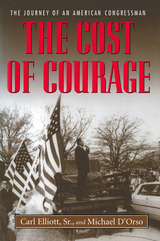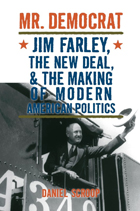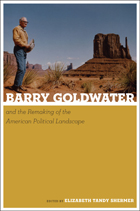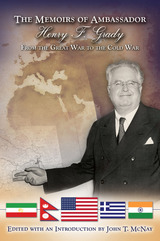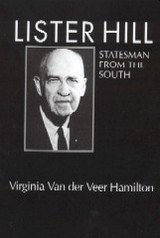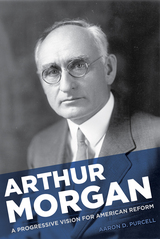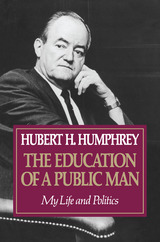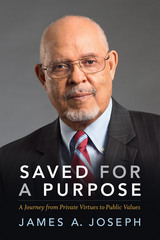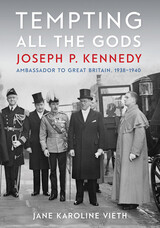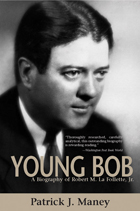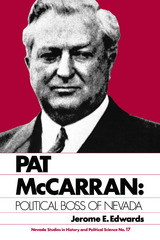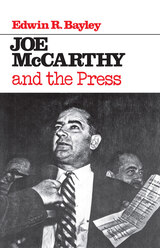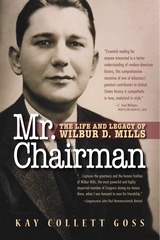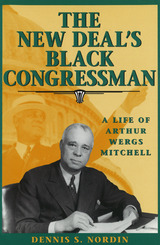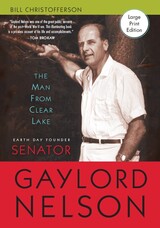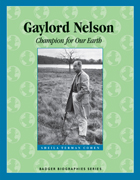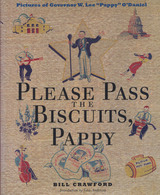Cloth: 978-0-674-50265-9 | Paper: 978-0-674-50266-6
Library of Congress Classification E748.K374S73 1989
Dewey Decimal Classification 327.20924
“In the annals of American diplomacy, the presence of George F. Kennan stands tall and daunting, a figure of articulate intelligence who thought about the action but also beyond it. He was not always a great diplomat, for his imagination was lively, and he lacked the self-effacing patience which is so essential to the profession at its most mundane; but he was a great analyst and policymaker, one of the very few this country has produced in foreign affairs, perhaps finest since John Quincy Adams.”
Thus begins Anders Stephanson's penetrating study of this complicated, often controversial, yet highly respected public man. From an array of intellectual reference points, Stephanson has written what is not only the most serious assessment of Kennan to appear but is also a work of general significance for a wide range of contemporary issues in foreign and domestic politics and culture. Appropriately, the book's emphasis is on Kennan's lifelong attempt to grasp Soviet foreign policy and devise an effective American response, particularly during the decisive period around the Second World War when the contours of our present world order gradually emerged: the period of wartime alliance with the Soviet Union, the ensuing “containment” policies and division of Europe and much of the world into hostile blocs. Stephanson also examines Kennan's strategic vision, his “realistic” approach to foreign policy, and his disdain for the Third World.
An extended final section, “Class and Country,” then situates Kennan as an essentially European kind of “organicist” conservative with no obvious political home in American society, a society manifestly unorganic in all its mobility and mass culture. An outsider without class attachment, he could never reconcile his dislike of American politics and culture with his attachment to values of order and hierarchy. These warring sensibilities produced, for example, vehement denunciations of McCarthyism as well as of the student revolts of the following decade. Yet it was Kennan's marginality, his functional detachment from domestic politics, that made possible his often clairvoyant analyses of foreign affairs.
Stephanson's work is an unusually broad and deep characterization of a reflective, sometimes enigmatic but always outstanding American policymaker and man of letters.
See other books on: 1904-2005 | 1945-1989 | Foreign Policy | Kennan, George F. (George Frost) | Stephanson, Anders
See other titles from Harvard University Press

